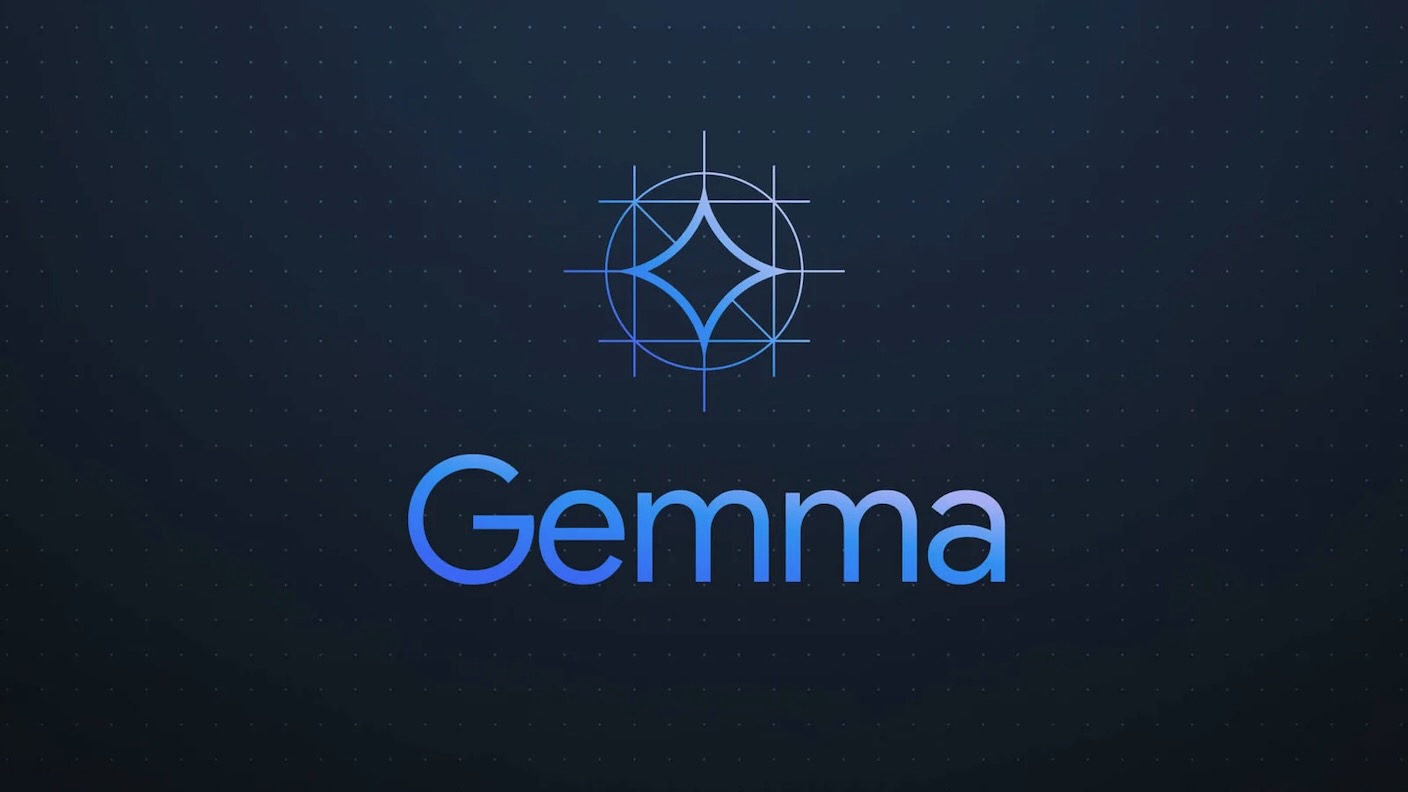Last year, Google consolidated its AI divisions, including Google DeepMind, with the aim of accelerating product development to compete with industry leaders such as Microsoft and OpenAI. The recent surge of new releases is a testament to their commitment to this goal.
In a significant move two weeks ago, Google unveiled its latest and most potent AI model to date, Gemini Ultra, alongside a restructuring of its AI portfolio under the Gemini umbrella. Following closely, they introduced Gemini Pro 1.5, an upgraded version that closely rivals Gemini Ultra in performance, boasting an expansive context window for processing text, images, and audio data.
Today, Google announced the launch of two new models named Gemma, which are notably smaller in scale compared to Gemini Ultra, with 2 and 7 billion parameters respectively. These text-based models, unlike multimodal counterparts, excel in performance and can operate on various platforms from laptops to cloud servers. Google emphasized the meticulous data sanitization process, ensuring removal of sensitive information from the training datasets, along with rigorous testing to minimize undesired behaviors.
While sharing the underlying technology with Gemini, Google took a different approach by releasing Gemma models under an open license, allowing developers to customize and fine-tune the model weights. Additionally, they are providing developer tools to ensure application security and compatibility with major AI frameworks and platforms. Google envisions these models to cater to responsible commercial applications for organizations of all sizes.
In the competitive landscape targeting entities like OpenAI and Microsoft with Gemini, Gemma sets its sights on Meta, known for advocating a more transparent AI model release strategy. Unlike Meta’s Llama 2, which has not disclosed the training dataset or code, Gemma aligns more closely with this approach rather than the openly shared models like AI2’s OLMo. Google’s decision to term Gemma models as “open models” underscores the accessibility for customization while respecting specific terms of use.
The ongoing discourse on the openness of AI models reflects differing viewpoints within the industry. While proponents of open ecosystems highlight collaborative innovation and problem-solving capabilities, advocates for closed models stress the potential risks associated with powerful AI models. Finding a balance between open accessibility and regulatory control remains a topic of contention.
Both closed and open AI paradigms continue to advance rapidly, promising further breakthroughs from major corporations and open-source communities in the coming months.
Image Credit: Google










